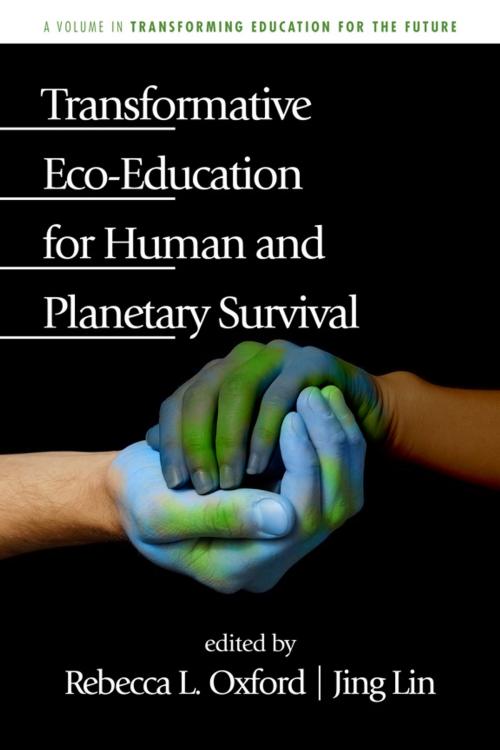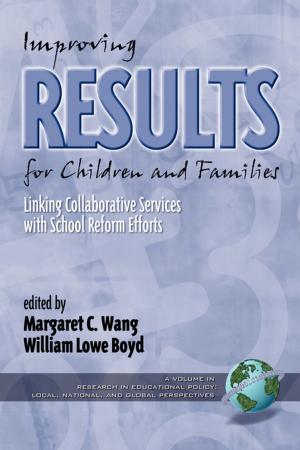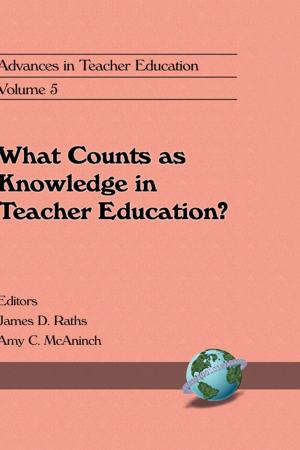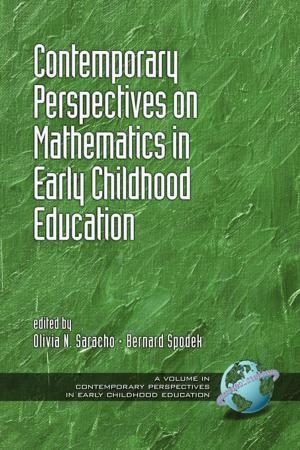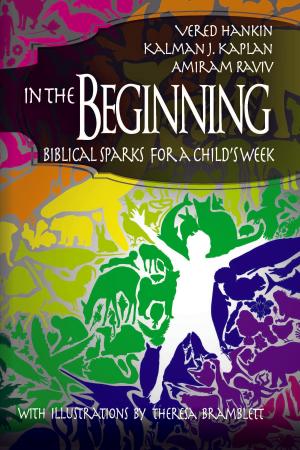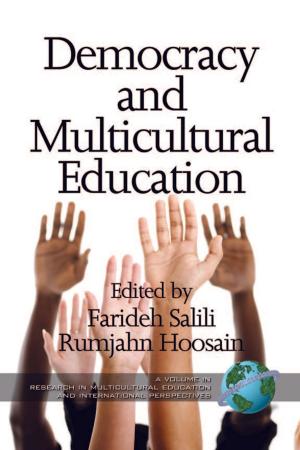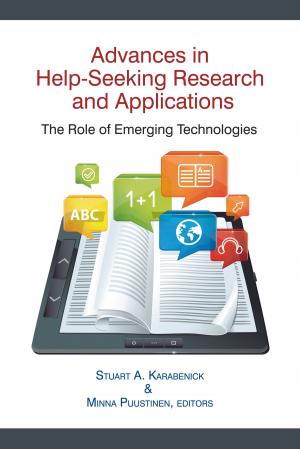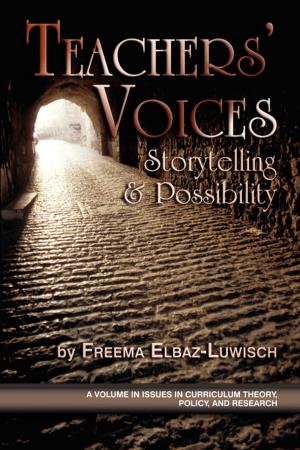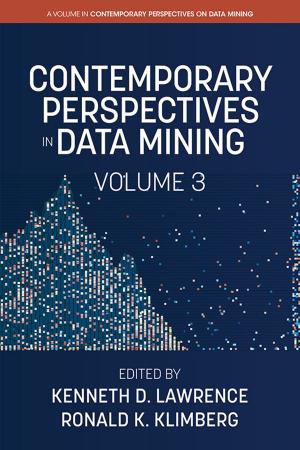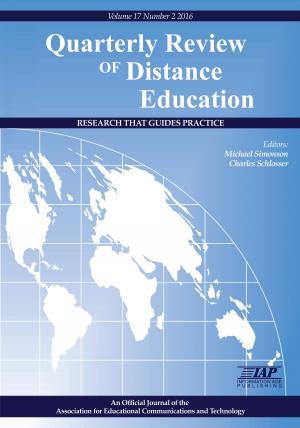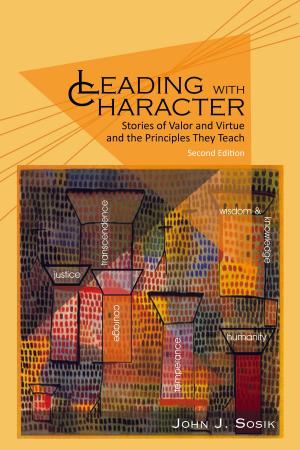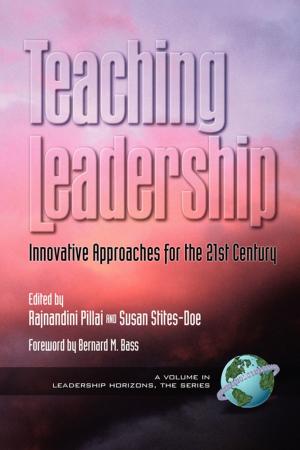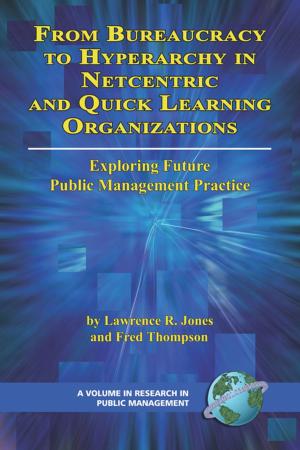Transformative EcoEducation for Human and Planetary Survival
Nonfiction, Science & Nature, Nature, Environment, Natural Resources, Environmental Conservation & Protection, Reference & Language, Education & Teaching| Author: | ISBN: | 9781617355042 | |
| Publisher: | Information Age Publishing | Publication: | December 1, 2011 |
| Imprint: | Information Age Publishing | Language: | English |
| Author: | |
| ISBN: | 9781617355042 |
| Publisher: | Information Age Publishing |
| Publication: | December 1, 2011 |
| Imprint: | Information Age Publishing |
| Language: | English |
Transformative ecoeducation is environmental education that is literally needed to transform and save our planet, especially during the global ecological crises of our present century. Such education demands inner transformation of many deeply rooted ideas, such as the following: the Earth exists merely to provide for human comfort; the extinction or reduction of other species does not matter; we are free to consume or destroy natural resources at will but are safe from destruction ourselves; and the Earth will continue to sustain us, even if we do not sustain the Earth. Unless these concepts are changed, we will increase global warming and add to the ruin of much of the Earth. This book presents powerful ideas for transformative ecoeducation. At this time of everincreasing ecological crisis, such education is needed more than ever before. We urge readers to use the ideas and activities in this book with your students, develop them further, and create new conceptions to share with other educators and students. The chapters in this book provide key principles, of which the following are just a few. First, educators can and should prepare students for natural disasters. Second, stories, case studies, the arts, and handson environmental experience, all enriched by reflection and discussion, can offer profound learning about ecology. Third, education at all levels can benefit from a true ecological emphasis. Fourth, teachers must receive preparation in how to employ transformative ecoeducation. Fifth, Indigenous wisdom can offer important, holistic, spiritual paths to understanding and caring for nature, and other spiritual traditions also provide valid ways of comprehending humans as part of the universal web of existence. Sixth, transformative ecoeducation can be an antidote to not only to environmental breakdown, but also to materialistic overconsumption and moral confusion. Seventh, we can only heal the Earth by also healing ourselves. If we heed these principles, together we can make transformative ecoeducation a blazing torch to light the path for the current century and beyond.
Transformative ecoeducation is environmental education that is literally needed to transform and save our planet, especially during the global ecological crises of our present century. Such education demands inner transformation of many deeply rooted ideas, such as the following: the Earth exists merely to provide for human comfort; the extinction or reduction of other species does not matter; we are free to consume or destroy natural resources at will but are safe from destruction ourselves; and the Earth will continue to sustain us, even if we do not sustain the Earth. Unless these concepts are changed, we will increase global warming and add to the ruin of much of the Earth. This book presents powerful ideas for transformative ecoeducation. At this time of everincreasing ecological crisis, such education is needed more than ever before. We urge readers to use the ideas and activities in this book with your students, develop them further, and create new conceptions to share with other educators and students. The chapters in this book provide key principles, of which the following are just a few. First, educators can and should prepare students for natural disasters. Second, stories, case studies, the arts, and handson environmental experience, all enriched by reflection and discussion, can offer profound learning about ecology. Third, education at all levels can benefit from a true ecological emphasis. Fourth, teachers must receive preparation in how to employ transformative ecoeducation. Fifth, Indigenous wisdom can offer important, holistic, spiritual paths to understanding and caring for nature, and other spiritual traditions also provide valid ways of comprehending humans as part of the universal web of existence. Sixth, transformative ecoeducation can be an antidote to not only to environmental breakdown, but also to materialistic overconsumption and moral confusion. Seventh, we can only heal the Earth by also healing ourselves. If we heed these principles, together we can make transformative ecoeducation a blazing torch to light the path for the current century and beyond.
